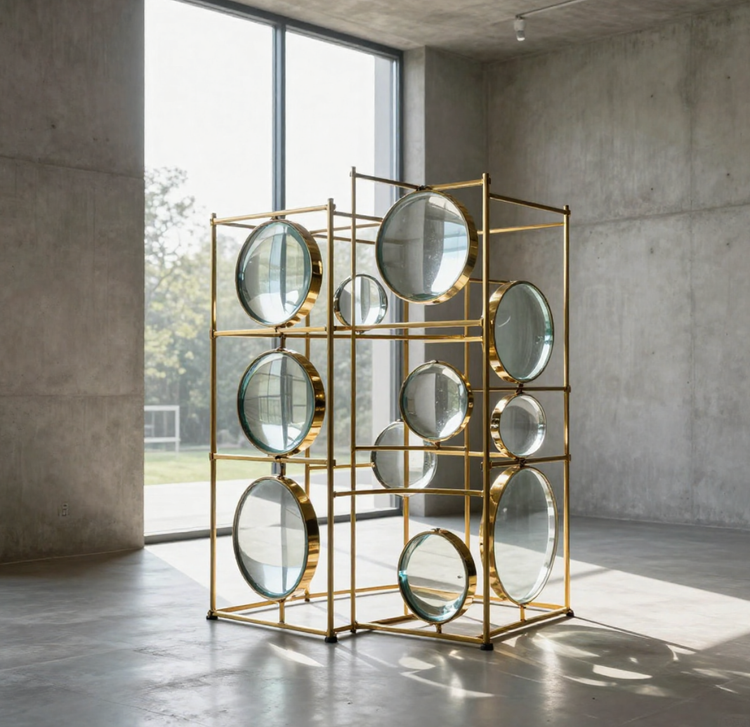The Most Common Misconception About Your Myers-Briggs Type

Maybe you've seen your Myers-Briggs type pop up in a meme on social media, or even used it as a witty opener on a dating app? The Myers-Briggs Type Indicator (MBTI) has truly infiltrated our modern lexicon, becoming a fun, often insightful shorthand for understanding ourselves and the quirky humans around us. It’s like a personalized decoder ring for your personality!
From office team-building exercises to figuring out why your best friend prefers quiet nights in while you crave a bustling concert, MBTI offers a fascinating framework. But here's the kicker: with great popularity comes great potential for misunderstanding. There's one colossal misconception about your type that often throws a wrench in the whole self-discovery party, turning a helpful tool into a rigid label. Are you ready to unravel it?
Unsure which path aligns with your unique strengths? Get a career reading from Celeste to discover optimal careers for your Myers-Briggs type.
- Misconception #1: You *Are* Your Type, Period.
Nope! Think of it less like a permanent brand etched onto your forehead and more like your dominant hand. You *prefer* to use it, and it feels more natural, but you're perfectly capable of using the other hand when needed. Your MBTI type describes your *preferences*—how you're wired to naturally gather information and make decisions—not your absolute capabilities or an unchangeable identity. You have access to all 16 types' characteristics; your type just highlights your go-to style! - Misconception #2: It Puts You in a Box (and Locks It!).
Ever heard someone say, "Oh, I'm an introvert, so I can't do public speaking"? Big nope! Your type isn't an excuse or a limitation. While it illuminates your natural inclinations, personal growth often means stretching beyond those comfort zones. An ISTJ can absolutely be a dazzling performer, and an ESFP can be a meticulous planner. Your type is a starting point for understanding your natural strengths and areas for development, not a finish line or a prison. - Misconception #3: Your Type Never Changes.
While your *true* underlying preferences tend to be remarkably stable over time (like your core operating system), how you express them and grow into them absolutely evolves. It's like your favorite ice cream flavor – you might always love chocolate, but sometimes you're in the mood for sprinkles, a cone, or even a different dessert entirely! Life experiences, personal development, new challenges, and even major life transitions can refine and mature how your type manifests. It's a dynamic journey of self-discovery, not a static snapshot. - Misconception #4: It's All About Stereotypes.
This is where pop culture sometimes goes astray! "Oh, you're an INTJ? You must be a super-villain mastermind." Or "An ESFJ? So, you're just a social butterfly who bakes cookies." While types do have common traits, reducing people to broad stereotypes misses the incredible individuality within each type. Two people of the same type can be vastly different in their interests, careers, values, and personalities. It's about patterns of preference and cognitive functions, not cookie-cutter personalities from a sitcom.
So, the next time you dive into the fascinating world of Myers-Briggs, remember to approach it with an open mind and a spirit of exploration. It's a brilliant tool for self-awareness, enhancing communication, and fostering empathy—as long as we remember it's about understanding preferences, embracing growth, and celebrating the unique individuals we all are, not slotting ourselves or others into rigid, unyielding boxes. Happy typing, and even happier growing!


